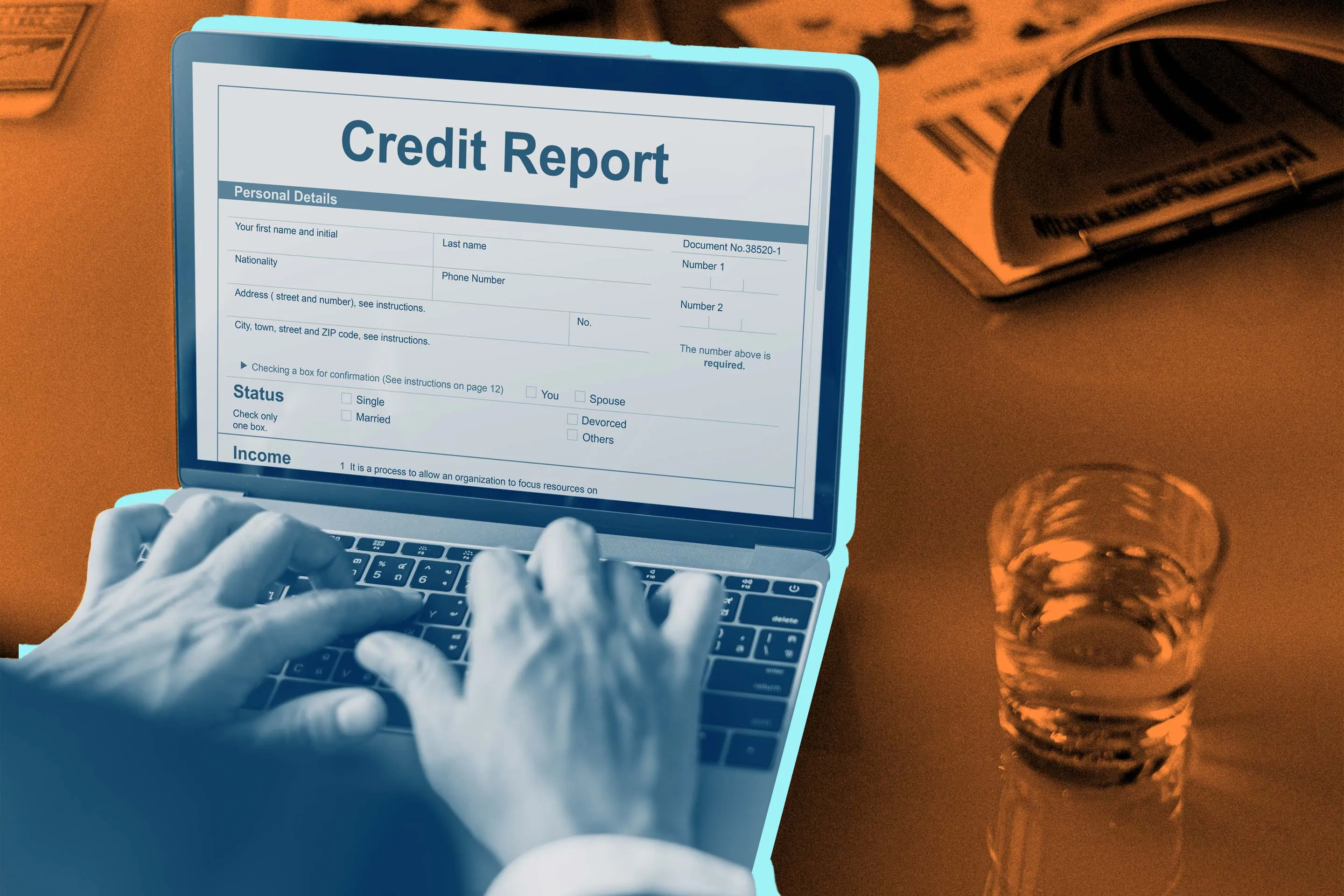How to Remove Negative Items From Your Credit Report

Credit scores play a significant role in our financial lives, impacting our ability to qualify for loans, credit cards, and other financial products. Negative marks on your credit report can harm your credit score and affect your financial opportunities. If you find inaccuracies on your credit report, it is crucial to take action to address them promptly.
Identifying errors on your credit report is the first step in the process. These errors can include late payments, charge-offs, collections, bankruptcies, and hard inquiries. It is essential to differentiate between negative items that impact your credit score and common inaccuracies like misspelled names or incorrect address information.
To address inaccuracies on your credit report, you can file a dispute with the credit reporting agency. Each credit bureau has specific procedures for disputing information, and it is important to follow their guidelines. You can submit your dispute online or via certified mail for a more formal record of your complaint.
If the credit reporting agency does not resolve the issue to your satisfaction, you can also file a dispute directly with the creditor or debt collector. Providing evidence to support your dispute is crucial in this process. It is recommended to send dispute letters via certified mail and keep copies of all correspondence for your records.
While disputing errors on your credit report can be done independently, some individuals opt to seek professional help from credit repair companies. It is essential to research these companies thoroughly to avoid scams and ensure you are working with a reputable service provider.
Removing negative items from your credit report can lead to a significant improvement in your credit score. Delinquencies, bankruptcies, and other negative marks can lower your score by a substantial amount. By successfully disputing and removing these items, you can see a positive impact on your credit score.
It is important to note that disputing accurate information on your credit report is risky and may not be successful. Instead of disputing accurate but negative items, focus on addressing the root cause of the issue. Improving your financial habits, making on-time payments, and reducing debt can have a more significant impact on your credit score.
In summary, addressing errors on your credit report involves filing disputes with the credit reporting agencies and creditors, providing evidence to support your claims, and seeking professional help if needed. By taking proactive steps to correct inaccuracies on your credit report, you can improve your credit score and financial opportunities.




